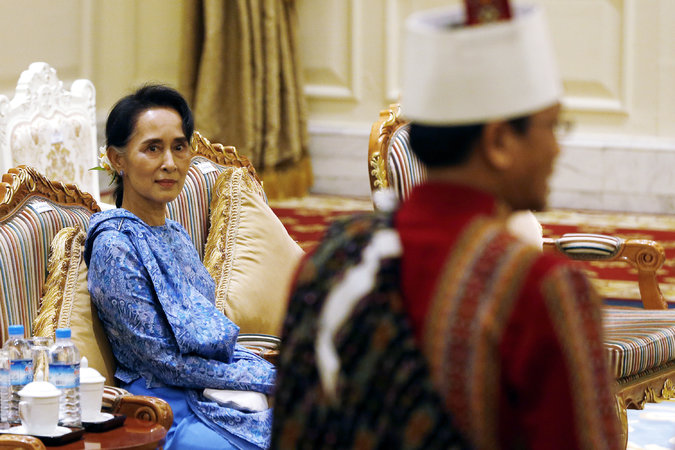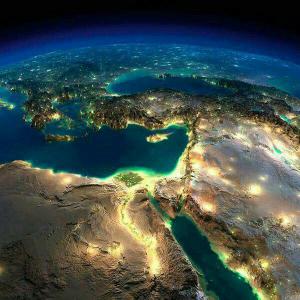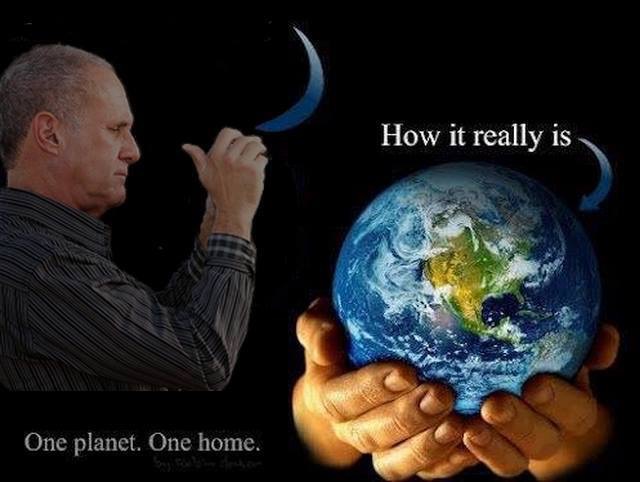2.15pm The following is a statement by Prime Minister Helen Clark to the New Zealand Parliament this afternoon. The government deeply regrets the breakdown of the diplomatic process over the Iraq…
Source: Full text: Helen Clark’s statement to Parliament on Iraq
Full text: Helen Clark’s statement to Parliament on Iraq
2.15pm
The following is a statement by Prime Minister Helen Clark to the New Zealand Parliament this afternoon.
The government deeply regrets the breakdown of the diplomatic process over the Iraq crisis.
The New Zealand Government, like most governments, has been a strong supporter of that process running its course.
Like most countries our strong preference was for the disarmament of Iraq to occur peacefully through a strong and intrusive weapons inspection process.
Such a process was re-established by Resolution 1441 which was passed on 8 November by unanimous resolution of the UN Security Council.
The inspections recommenced at the end of November. Iraq proceeded to co-operate on process but not on substance.
When Dr Blix reported to the Security Council at the end of January he expressed his concern at the lack of substantive co-operation.
Thereafter, Dr Blix and Mr El Baradei returned to Baghdad to impress on it that only full compliance with the UN’s requirements that it disarm and be seen to disarm would prevent the serious consequences warned of in Resolution 1441.
It is a matter of record that Iraq then moved to accommodate more of the weapons inspectors’ requests.
New Zealand was among many nations which have called on Iraq to comply immediately and in full with all requests made of it by the Security Council and the weapons inspectors.
We have consistently said that only through full compliance could Iraq avert the catastrophe which war would bring to its people.
When Dr Blix and Mr El Baradei reported to the Security Council on 14 February, they were able to be more optimistic. The inspectors were getting more co-operation and had found no evidence of weapons of mass destruction.
Nonetheless, Iraq had still to answer serious questions about weapons of mass destruction which had remained unanswered since 1998 when the previous inspectors left.
On 18 February, the New Zealand Government took the opportunity afforded by the open debate at the Security Council to state its view on the conduct of the crisis.
We recognised the Security Council’s ability to authorise force as a last resort to uphold resolutions.
But we also said that we did not believe that such a decision would be justified at that time.
We said that we placed considerable weight on the inspection and disarmament process; and that as long as the inspectors’ reports suggested that their work was useful in pursuing the Security Council’s objectives it should continue.
We reiterated that we could not support military action against Iraq without a mandate from the Security Council.
The following week, the resolution promoted by Britain, the United States, and Spain was tabled at the Security Council.
It called on the Security Council to determine that Iraq had failed to take its final opportunity to disarm as set out in Resolution 1441 and to remain seized of the matter.
Intense lobbying for support for the resolution ensued, focused on the six elected members who were undecided.
On 7 March, Dr Blix and Mr El Baradei again formally reported to the Security Council. Their reports were read as supporting a continuation of the inspection process. The Security Council debate which followed showed no change in position among its members.
A second open debate was held in the Security Council, in which New Zealand participated.
Our government again urged that the diplomatic process which had gained traction be allowed to run its course, and that Iraq move rapidly to comply with all requirements made of it.
In the course of last week, genuine efforts were made by many people to see if the gulf between those who wanted to resort to force now and those who wanted more time for inspections could be bridged.
I personally spoke with both the Canadian Prime Minister and the Chilean President to express our government’s support for their efforts.
I regret that a solution could not be found. I believe that agreement could have been reached on benchmarks, but in the end there could not be agreement on the timeframe or on what should happen in the event of benchmarks for compliance not being reached within the timeframe.
The leaders of the United States, Britain, Spain, and Portugal met in the Azores on Sunday and made it clear that unless Iraq capitulated immediately, force would be used, and that the United Nations Security had only one day left to decide on whether it would authorise the use of force.
The Security Council met yesterday, but no authorisation of force was forthcoming. The resolution which had been foreshadowed was not voted on.
Today President Bush has issued a final ultimatum to Iraq: He has given Saddam Hussein and his sons 48 hours to leave the country. If they do not leave, the United Sates and its supporters will embark on military action at a time of their choosing, which is expected to be soon.
At this eleventh hour, the New Zealand Government urges Iraq to seize this last opportunity to avert the catastrophe of war. The departure of Sadam Hussein and his sons now would give fresh opportunities to resolve the crisis.
It is important to emphasise at this time, when there has been great division over how to handle the Iraqi crisis, that there is overwhelming support for the disarmament of Iraq. That is an objective we share with the United States and its supporters and with those who share our views on how to proceed.
The difference of opinion and approach arises over the means and the timetable for meeting the objective, not the objective itself.
It is equally important to emphasise our strong sense of shared values with all western democracies, and to note our concern at the strain this division over Iraq has placed on longstanding friendships and alliances between western democracies.
Our government is determined that this difference of opinion, substantial as it is, will not damage longstanding friendships which we value.
We fully understand the frustration, impatience, and outrage felt by the United States, Britain, and Australia at Iraq’s slowness to comply and resistance to complying with UN resolutions.
I do believe that Iraq would strain the patience and tolerance of a saint.
But not withstanding that, our government did not believe that the diplomatic process, backed by inspections, and leading to disarmament had run its course by yesterday.
New Zealand’s position on this crisis has at all times been based on its strong support for multilateralism and the rule of law, and for upholding the authority of the Security Council.
It is a principled position, it has integrity, and we believe it is understood by our friends.
It is a matter of profound regret to us that some of our closest friends have chosen to stand outside the Security Council at this point.
A new and dangerous precedent is being set. It may be possible to justify one’s friends taking such action, but where then is our moral authority when other nations use the precedent which is being set?
These are troubled times for the United Nations. It has worked hard, and the Security Council has worked hard to address the issue. In the end consensus could not be reached. For the majority of nations on the Council, the threshold for the use of force had not been reached. Our government supports and endorses that judgment.


























The New Zealand Herald